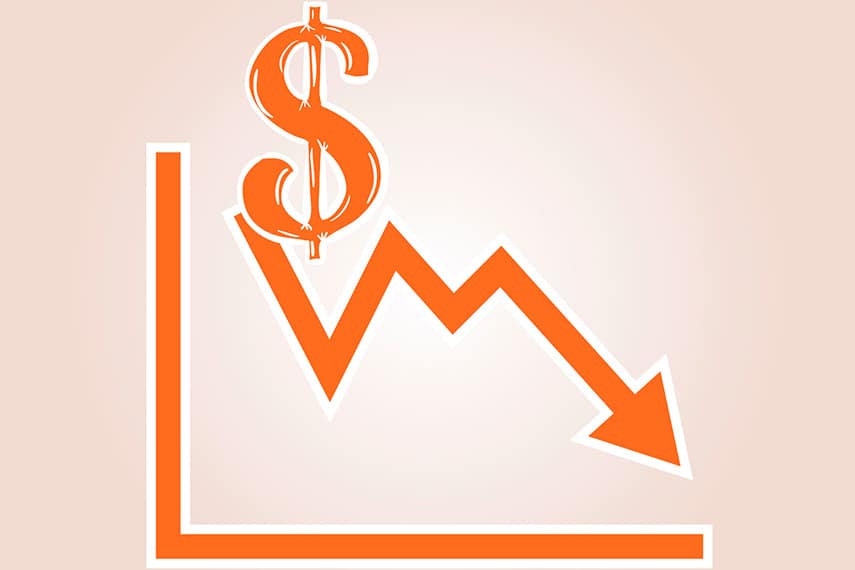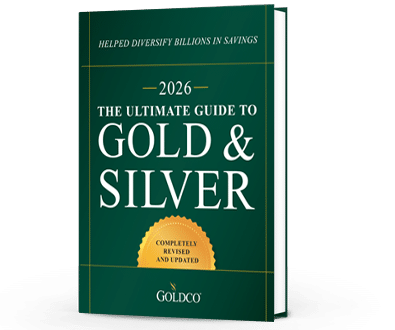5 Reasons Gold Has Value
Gold has numerous unique characteristics that contribute to its importance as a safe haven asset Central banks continue to hold onto gold, and now hold more gold than US Treasuries as reserve...
Precious Metals

At the beginning of the year, the Federal Reserve was expected to hike interest rates at least twice. Instead, it cut rates three times. What should we expect in 2020?
With numerous analysts and strategists warning about the likelihood of a major stock market crash in 2020, it’s all but guaranteed that the Fed will have to drop rates even further than they already are. But in 2008 the Fed was stymied by the zero lower bound, unwilling to drop interest rates into negative territory.
The Bank of Japan and the European Central Bank saw zero as a challenge rather than a boundary, and boldly pushed their negative interest rates into negative territory. Banks tried to eat the cost of those negative interest rates as long as they could, but eventually they had to pass that cost on to their depositors.
Most banks tried to shield smaller depositors from negative interest rates, confining those negative rates to investors with more than €100,000 in deposits. But a number of German banks have begun charging negative rates to all of their savings account customers. That’s bound to end in disaster.
Negative interest rates disincentivize saving, encouraging depositors to pull their money out of banks. But the more money depositors pull from banks, the weaker the bank gets. Loans have to be called in, assets have to be sold, and the bank shrinks in size. The lower negative interest rates get, the worse that situation becomes.
While this problem is so far confined mostly to Europe, is it only a matter of time before it comes to the US too? With the Fed’s balance sheet already at near record levels over $4 trillion, there isn’t much headroom for the Fed to expand with more quantitative easing. Negative rates may be the only tool the Fed has left at its disposal to combat another stock market crash or financial crisis. Are you prepared for that?
For decades ordinary Americans have treated their money in the bank as though it’s absolutely safe. But what will they do when putting money in the bank ends up actively losing them money each and every day?
If you’re worried about your savings withering away due to negative interest rates, it’s time to invest in assets that can bring you a positive return. One of the best of those is gold, which holds its value against inflation better than any other asset. Over the past 20 years gold has far outperformed stock markets, and unlike money sitting in a bank, it won’t lose value with negative interest rates. So if you want to protect your assets against the onslaught of negative interest rates, look to investing in gold for the protection you need.

